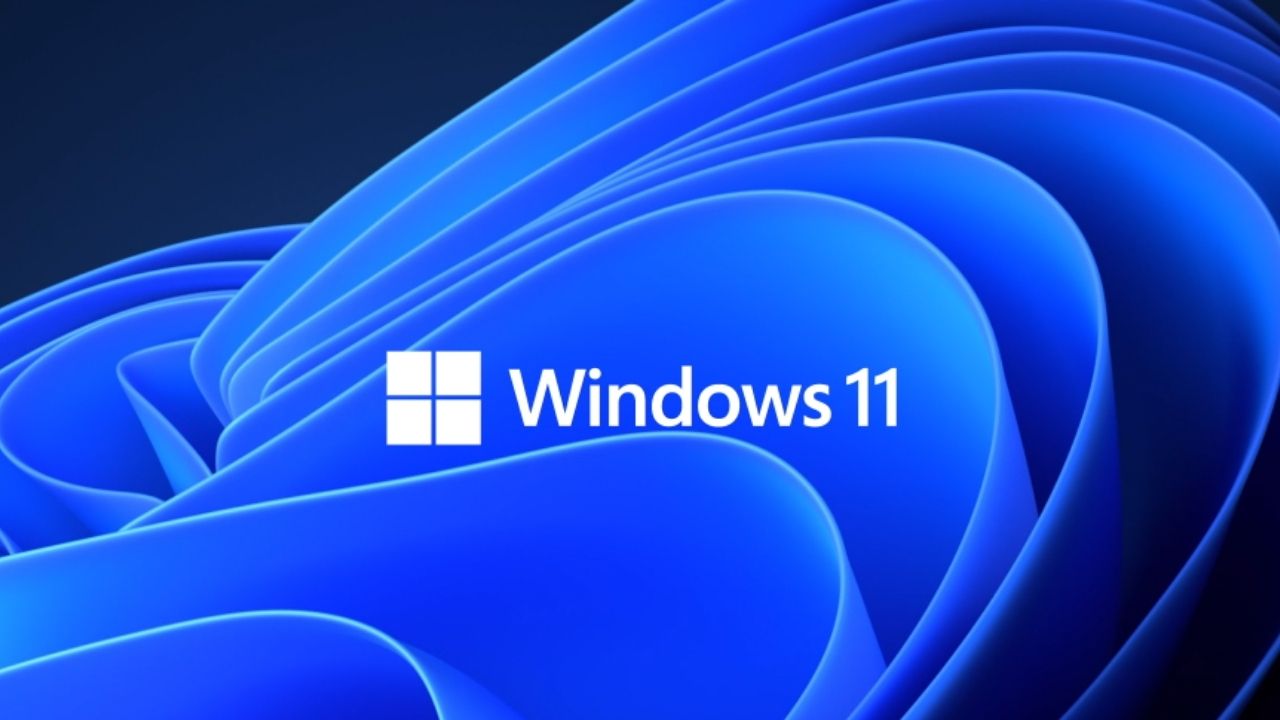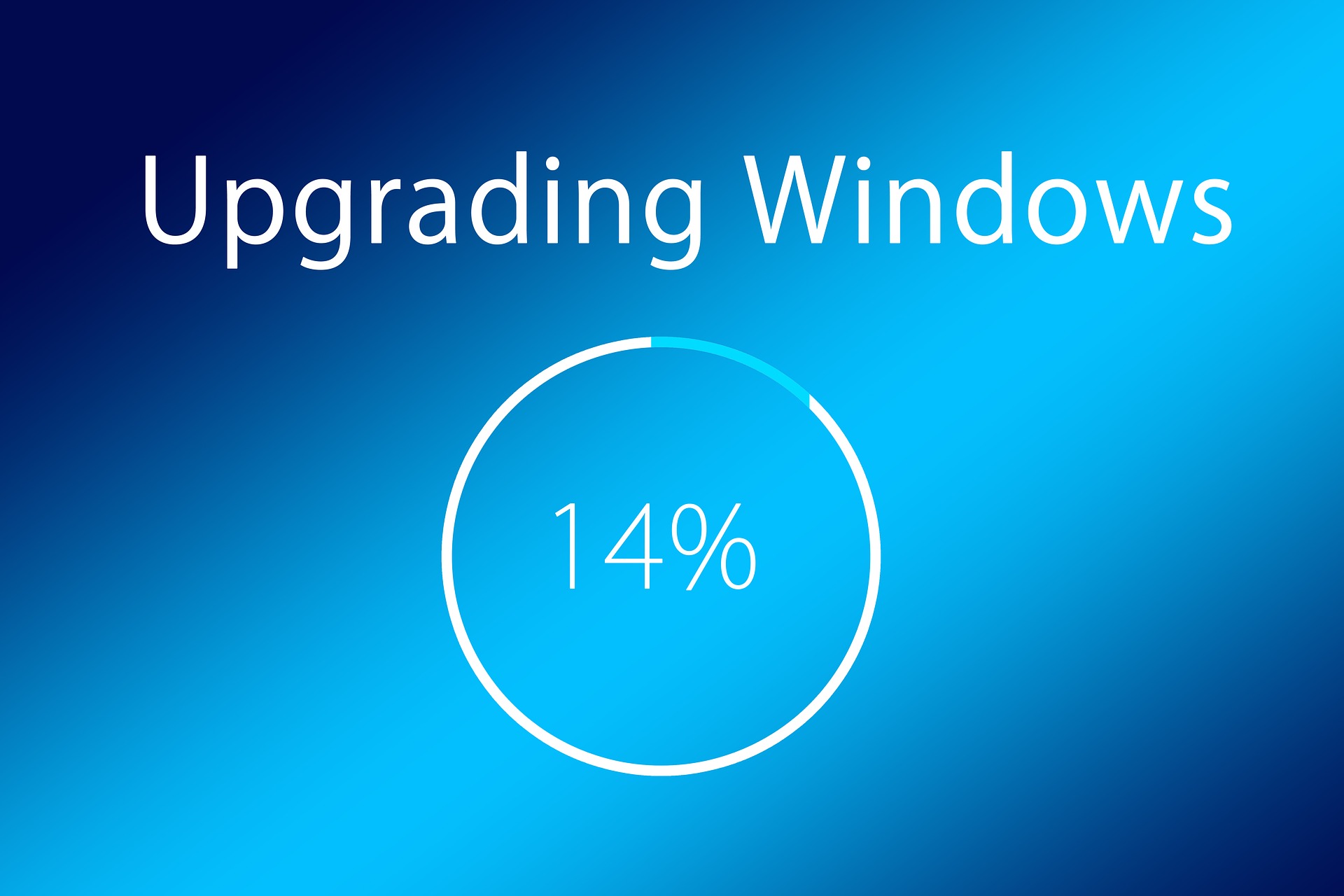On October 14, 2025, Windows 10 reached the end of its support from Microsoft. According to their support page: At this point technical assistance, feature…
Comments closedTag: Microsoft
The recent news about Microsoft discontinuing Visual Studio’s support for Mac has got us talking about longevity in the field of software development. We all know technology changes rapidly and you, and the tools you use, can’t afford to stand still. Here’s an infographic that illustrates how Xojo’s been continually updating and modernizing since 1996 while other development tools come and go.
Comments closedMicrosoft recently announced that they are discontinuing Visual Studio for Mac, which was only just introduced in 2016. So how “safe” is relying on a big company for your development tool, really? If you are an enterprise company with a large investment in software and IT, you might want to take a look outside the big names and see what Xojo can offer. Xojo makes it quicker and easier to try out software ideas before you commit expensive development resources to your primary tools. And we’ve been dong it since 1998, with a focus on native, cross-platform development.
Comments closedStarting in Xojo 2022r2 you have the option to generate Program Database (PDB) files with your 64-bit Windows builds. If you’re unfamiliar with what PDB…
Comments closedWe are excited about Microsoft’s announcement regarding Windows 11. A large portion of Xojo users develop on and/or for Windows. The new UI looks fantastic and will be a welcome upgrade for Windows users. Xojo and apps written in Xojo will run without modification on Windows 11.
Comments closedXojo creates native apps and uses the native user interface toolkit on each platform. This is important from the end-user’s point of view – we’ve all used apps that didn’t feel quite right, often Java or Electron-made apps. But it’s also important from the developer’s point of view because many of these design changes are effectively done for you.
Comments closedWith the newly released M1 Macs, there have been lots of questions about being able to run other operating systems on it, particularly from developers that are used to running Window or Linux in Virtual Machines using virtualization on their Intel Macs.
Comments closedHere’s your first reminder: On January 14, 2020 Microsoft is ending support for Windows 7. We went through this a while ago when Windows XP reached end-of-life (no one really cared when Windows Vista reached end-of-life). Windows 7 was a very popular release as it was much better than Vista. It also didn’t help that Windows 8 was not liked at all with its many UI changes.
Comments closedGitHub just announced that private repositories are now free. GitHub has been a great source for Xojo open-source projects, so being able to also use it for private repositories is a nice bonus.
Comments closed


